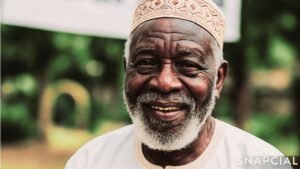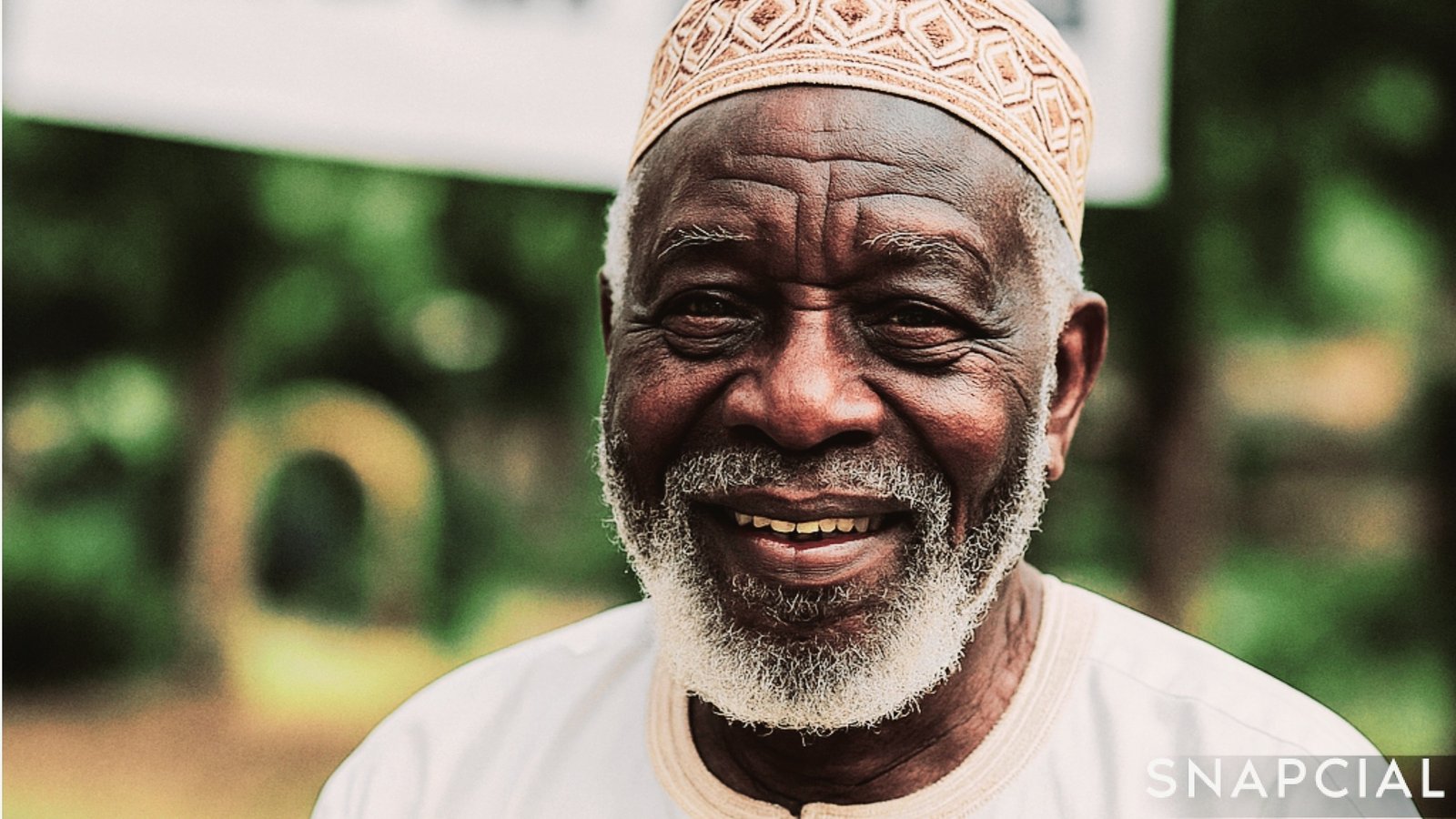Hussaini Kafi in Kano
As the scent of grilled ram meat wafted through the streets of Sabon Gari on Sunday morning, 72-year-old Gambo Ladan sat quietly on a wooden stool outside his one-room apartment in the Gwarzo area of Kano.
Clad in a worn white kaftan, his prayer beads wrapped loosely around his wrist, the retired railway worker stared blankly at the dusty path before him. Around him, Eid-el-Kabir celebrations had erupted in full swing — but not for him.
“My children have not visited in years,” he said, his voice barely audible above the chatter of children playing in nearby compounds. “I just pray. That is my Sallah.”
While thousands of Muslim families across Kano marked the festival with feasts, prayers, and family gatherings, an invisible group — elderly men and women like Gambo — observed the day in solitude, their homes void of laughter, their tables bare.

In the Kofar Mazugal area of the ancient city, 80-year-old Hajiya Hadiza Lawan sat on a mat outside her home, her hands clasped tightly around a tasbih (prayer bead).
“I used to prepare tuwo and stew for all my children and their wives,” she said, recalling past Sallahs with a faint smile. “But now I eat kunu and groundnuts — alone.”
Her voice faltered as she recounted how her five children had moved to cities like Abuja and Lagos. The last time any of them visited during Sallah was four years ago.
“They said they were busy,” she whispered.
In the outskirts of Kumbotso, a small open shed functions as a makeshift mosque and gathering point for elderly men who have no one to celebrate with.
Imam Yusuf Garba, who leads the morning devotions, said the number of elderly worshippers who spend Eid without family has increased over the years.
“They come here to feel seen,” he told AHR. “Some of them weep when we pray for ‘parents whose children have forgotten them.’”
He added, “They may not have rams or new clothes, but they come with faith. That’s all they have.”
Experts attribute the trend of elders spending Eid alone to a combination of factors — urban migration, economic stress, and a cultural shift away from extended family care.
A 2023 survey by the National Institute for Cultural Orientation found that over 60 per cent of elderly persons in northern Nigeria have limited contact with their children or extended family.
“In traditional Hausa society, it was unthinkable to leave your parents alone during Eid,” said sociologist and Kano-based cultural commentator, Dr. Amina Zakari. “But with modern pressures and youth migration, many old people now live in social isolation.”
Near the Emir’s Palace in the city centre, 76-year-old Malam Sani Ibrahim leaned against a mosque wall, dressed in a patched kaftan and holding a plastic bowl for alms.
He said he once taught Arabic and Qur’an to dozens of young men in the area — many of whom have become civil servants, traders and community leaders.
“During Eid back then, they used to greet me with kola, meat and respect,” he said. “Now, they walk past like I’m not here.”
Sani said none of his children — now all married — visited him this Eid.
“I just sat in the mosque and cried. Not because I’m hungry, but because I’ve been forgotten,” he added.
But not all is lost.
In Dala LGA, a youth-led initiative called Sallah for Seniors is quietly restoring joy to elderly homes this festive season. Led by 26-year-old Zainab Salisu, the group raised funds to cook and distribute meals to elderly residents spending Eid alone.
“We grew up listening to our grandparents’ stories. We can’t leave them behind,” Zainab told AHR while supervising volunteers packing Jollof rice, ram meat and soft drinks into takeaway bowls.
On Sunday morning, the group delivered over 120 meal packs across Dala, Fagge and Tarauni LGAs.
One recipient, 78-year-old Malam Bala Haruna, held his meal with trembling hands.
“My own sons didn’t call, but strangers remembered me,” he said, his voice cracking with emotion.
At Murtala Mohammed Specialist Hospital in Kano, medical staff say they see a spike in elderly visitors during Eid — many of them not seriously ill, but seeking connection.
“Some complain of chest pain, but really they just want to talk to someone,” said Nurse Khadijah Abdullahi, who has worked in the hospital for over a decade.
She said the hospital’s geriatric unit receives between 10 and 20 elderly patients every Eid, many of them known faces who return yearly.
“We try to give them water, fruit, and attention,” she said. “They deserve dignity, especially on a day like this.”
As Kano’s skyline modernises and its youth move farther away from home — in distance and in values — the plight of elders like Gambo, Hajiya Hadiza, and Malam Sani raises critical questions about community, culture, and compassion.
“The ram sacrifice is symbolic,” said Imam Yusuf. “But how can we claim to honour God if we forget the people who raised us?”
For Gambo, the retired railway worker, the answer lies in his faith.
“I don’t expect anyone to remember me anymore,” he said. “But I know Allah remembers me. And that is enough.



